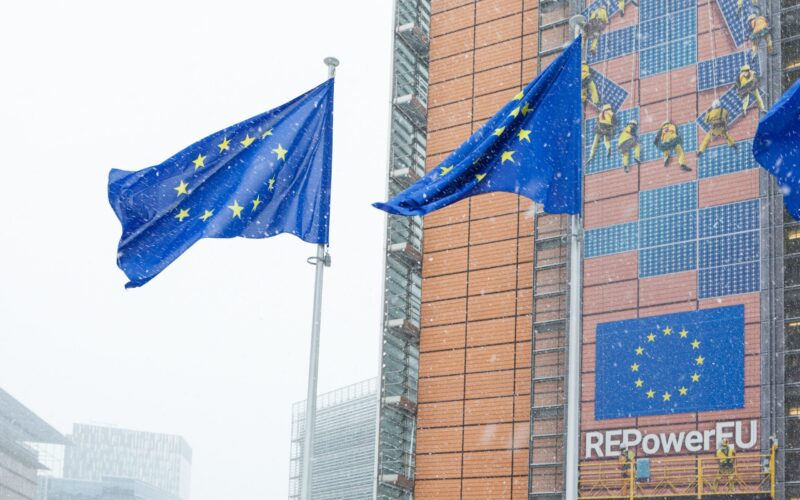A leading European Parliament negotiator has called for a sharper reduction in the number of companies covered by the European Union’s environmental and corporate sustainability regulations, arguing that current rules impose an excessive burden on businesses.
Swedish centre-right MEP Jörgen Warborn, who is steering parliamentary negotiations on the reforms, has proposed scaling back the laws to apply only to companies with more than 3,000 employees and annual turnover exceeding €450 million. His amendments go beyond the European Commission’s own February proposal, which would exempt firms with fewer than 1,000 employees—removing over 80% of the approximately 50,000 businesses currently within the scope of EU green reporting requirements.
The Commission’s “simplification omnibus” aimed to boost the global competitiveness of European companies by easing sustainability reporting and due diligence obligations, particularly those related to identifying human rights and environmental risks across supply chains.
Warborn, a member of the European People’s Party, said the current rules risk hindering Europe’s ability to compete with the United States and China. “I’m entering this process with a clear ambition: to cut costs for businesses and go further than the Commission on simplification,” he said in a statement on Thursday.
The draft amendments will now be debated within the European Parliament, where other lawmakers may propose their own revisions. Final legislation will be agreed in negotiations between Parliament and EU member states in the coming months.
The proposed rollback faces diverging political pressure. Some right-wing lawmakers have demanded the regulations be scrapped entirely, while Socialist and Green MEPs are vowing to defend the existing framework. French President Emmanuel Macron and German Chancellor Friedrich Merz have also voiced opposition to the EU’s supply chain law.
However, the push to loosen ESG rules has drawn criticism from investors and campaigners, who warn that such steps risk weakening corporate accountability and undermining efforts to mobilise private capital for the EU’s climate ambitions. Warborn maintains that his plan would not dilute Europe’s sustainability commitments but would instead allow companies to reallocate resources toward innovation and competitiveness.





















